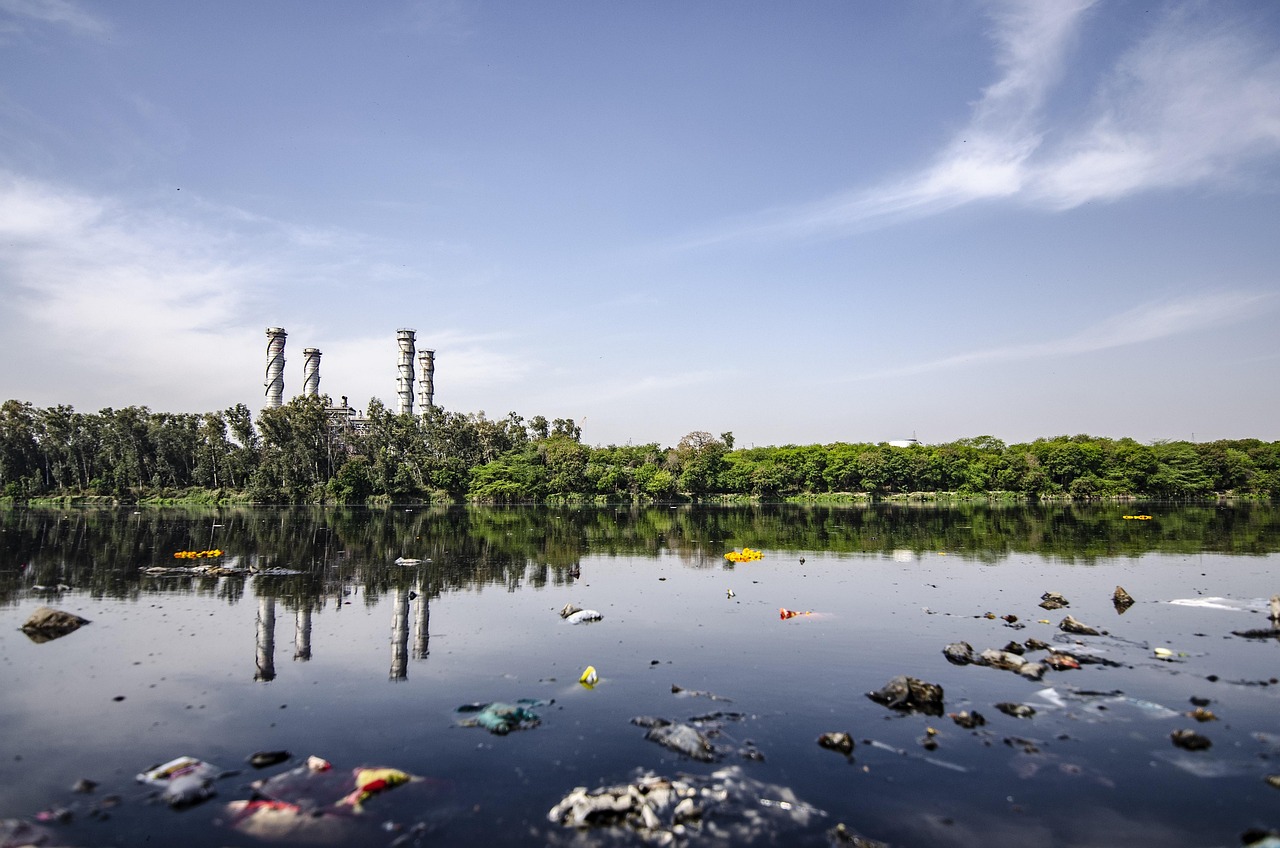Toxic chemical exposure is a growing concern across the United States, especially as large-scale industrial accidents continue to make headlines. For individuals exposed to hazardous substances—whether suddenly in a major spill or gradually through prolonged workplace exposure—the health consequences can be life-altering. Fortunately, personal injury law provides legal avenues for victims to seek justice and compensation. This article will discuss what qualifies as toxic exposure and explain how the law protects affected individuals.

Recent High-Profile Chemical Spills
Recent events underscore how devastating toxic chemical spills can be. In early 2023, a train derailment in East Palestine, Ohio, released hazardous substances like vinyl chloride into the environment, prompting evacuations and long-term environmental testing. Residents reported symptoms ranging from headaches and nausea to respiratory issues—classic signs of chemical exposure.
Unfortunately, events like this are not isolated. In recent years, the U.S. has seen a 2021 leak at a Florida wastewater treatment facility that released radioactive material; and a 2019 Houston-area chemical fire which spewed benzene and other toxins into the air. These incidents highlight how chemical exposure can happen suddenly and affect thousands of people, often with long-term consequences.
Common Sources of Toxic Chemical Exposure
While headline-making disasters are shocking, most chemical exposures occur in less dramatic but equally dangerous ways—especially in industrial settings. Workers in manufacturing, construction, agriculture, and oil and gas industries are frequently exposed to harmful substances. These may include:
- Asbestos: Long-term exposure can lead to mesothelioma and lung cancer.
- Benzene: A known carcinogen linked to leukemia.
- Silica dust: Common in mining and construction, potentially leading to silicosis.
- Pesticides and herbicides: Exposure is common in agricultural work.
- Industrial solvents: Found in manufacturing and cleaning products.
Even office workers and homeowners can be exposed to mold, lead, or radon, often without realizing it until health issues arise.
Toxic Chemical Exposure: Legal Protections and Recourse
Under personal injury law, individuals who suffer harm due to toxic chemical exposure may be entitled to compensation. Depending on the situation, lawsuits may be filed based on several factors.
- Negligence: If a company failed to properly store, label, or dispose of chemicals.
- Strict liability: If manufacturers distribute inherently dangerous substances, even without direct negligence.
- Workers’ compensation: For workplace exposures that lead to illness or injury.
- Environmental law violations: In some cases, claims may involve violations of EPA regulations or Florida environmental statutes.
To pursue a claim, the injured party must usually prove exposure to a specific chemical, and that the exposure occurred due to someone else’s negligence or wrongdoing. They will also need to establish a link between the exposure and their illness or injury.
These cases can be complex, often requiring expert medical testimony, scientific analysis, and documentation of long-term symptoms. However, successful litigation can result in compensation for medical bills, lost wages, pain and suffering, and more.
What to Do if You Suspect Exposure
If you believe you’ve been exposed to toxic chemicals, seek medical attention immediately and document your symptoms. Be sure to contact your local health department or EPA office if the exposure affects your community.
Don’t wait to speak with an experienced personal injury attorney who specializes in toxic tort or environmental law. Prompt legal action can be crucial, as statutes of limitation may restrict how long you have to file a claim.
Toxic chemical exposure is a serious health and legal issue—whether caused by sudden disasters or long-term negligence. The law offers paths for justice, but navigating these claims requires experience and evidence. If you suspect you have been harmed be a toxic chemical substance and that you may have a case in Florida, call Probinsky & Cole today.
Disclaimer: This article is for informational purposes only and does not constitute legal advice. If you believe you have a claim related to toxic chemical exposure, consult with a licensed personal injury attorney in your jurisdiction to discuss your specific situation.







